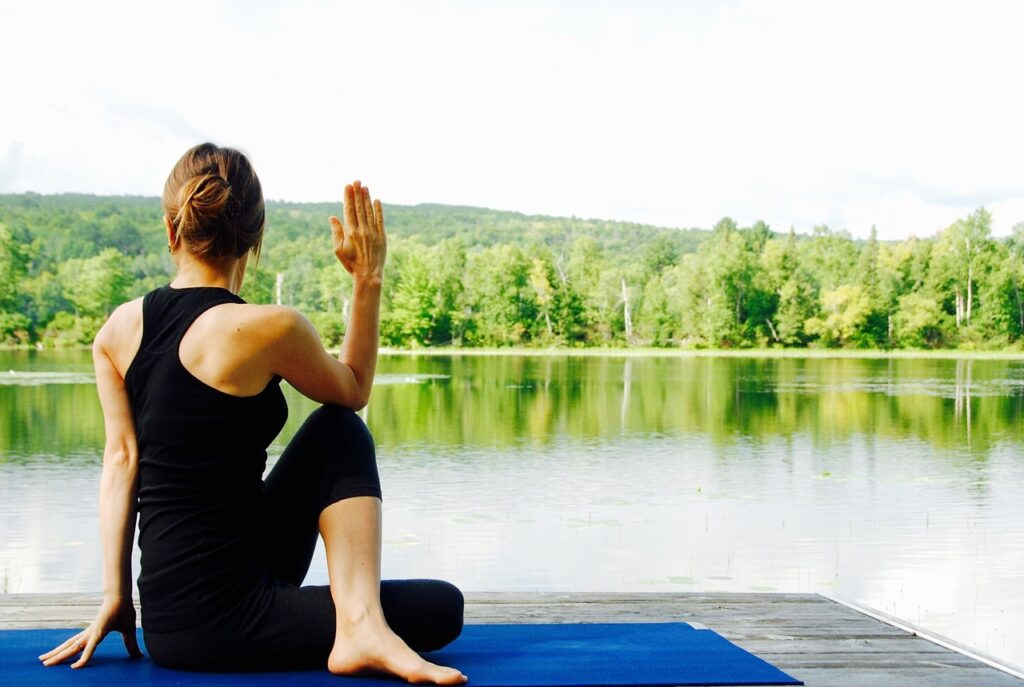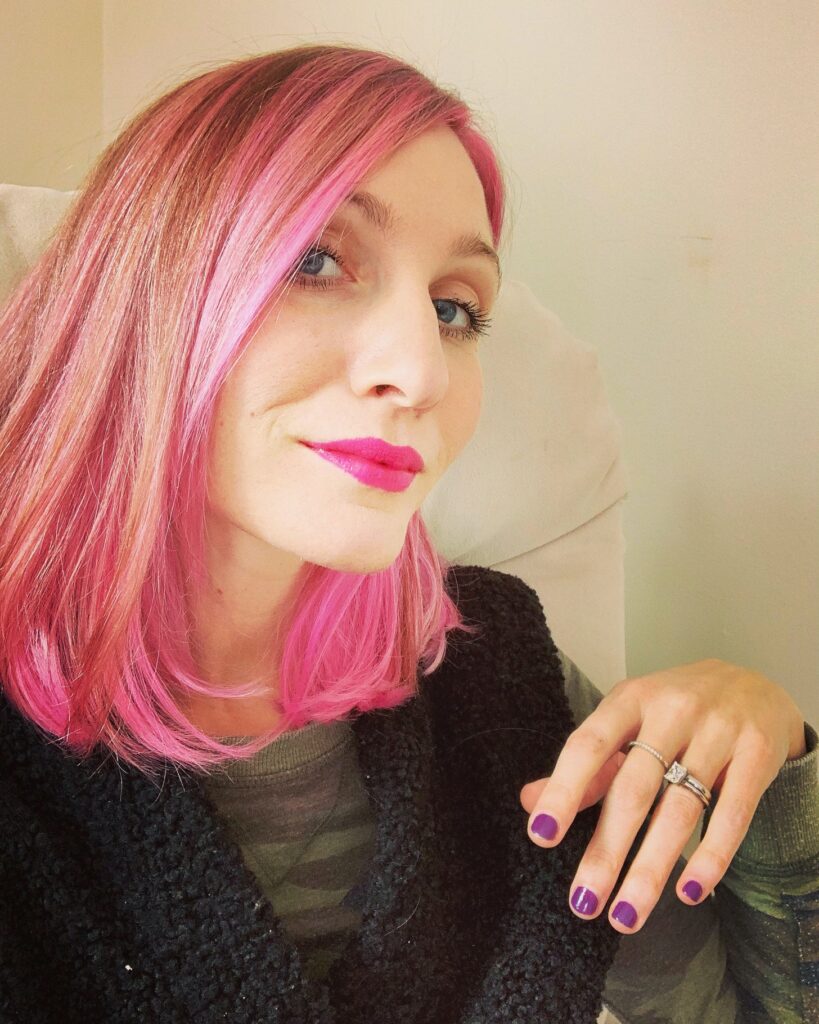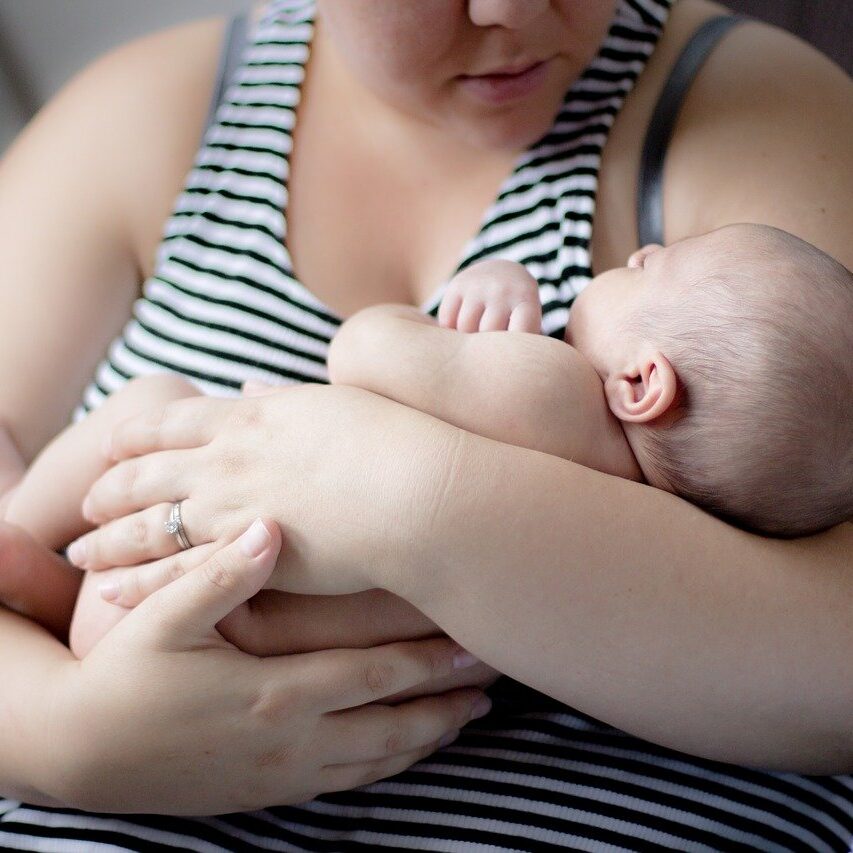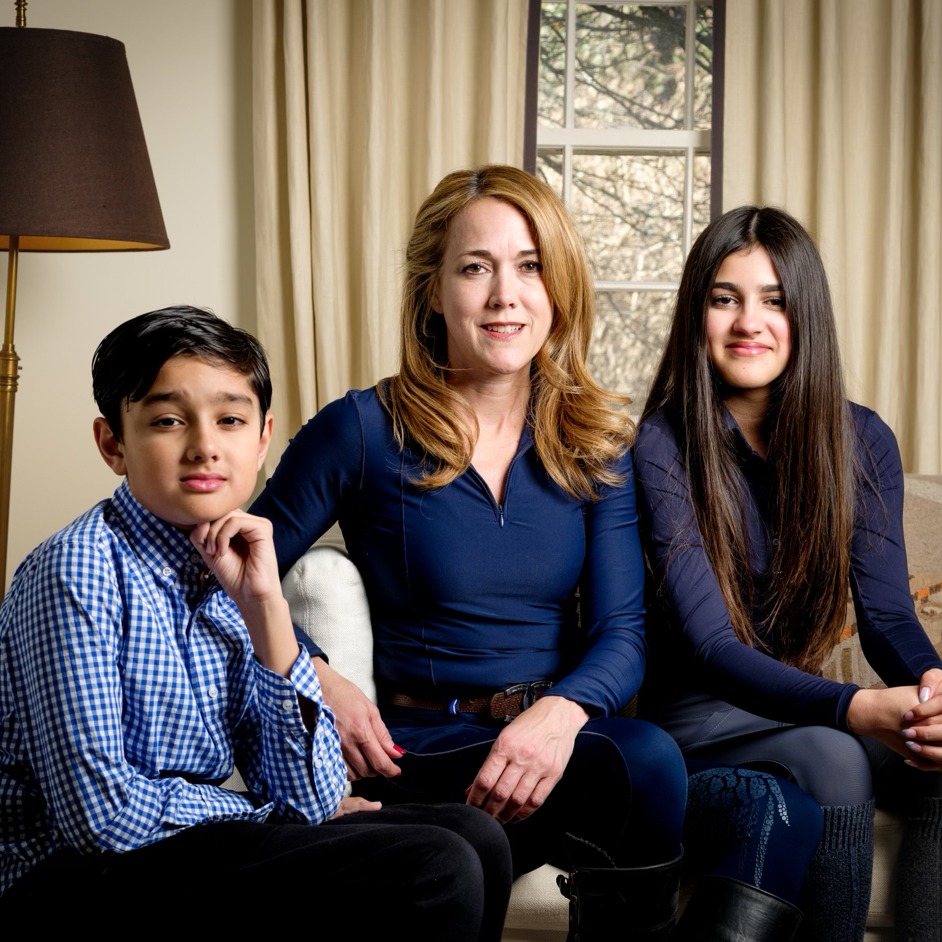How Women Can Prioritize Their Health in 2022, Without Feeling Guilty
By Ashley Alt
Sacrifice. This is a word women are numb to, seeing as they have been expected to “make sacrifices” their entire lives. From sacrificing their careers to start a family to sacrificing their health due to overwhelm and burnout, the impossible standard of expectations of women, from their physical appearance to the demand of taking care of everyone but themselves, ends now.
A new social poll with The Skimm and Organon (a global women’s health company) found that while 80% of 1,200 participants set goals to prioritize their health this year, nearly 60% who had hoped to keep up with regular doctors’ appointments did not due to it being, “just plain overwhelming.” Furthermore, nearly 30% of participants cited work and back-to-back meetings were to blame for not prioritizing routine doctors’ appointments.
While holidays like International Women’s Day (IWD) are great opportunities to spark real change in the world, we shouldn’t have to wait until March of 2023 to let our voices be heard again. We shouldn’t have to be afraid to ask our boss for the day off to get our mammograms or take a mental health day.

I spoke with Dr. Jessica Shepherd, OBGYN and Organon Health Partner, who is helping women determine where to start (according to their age and other factors) when it comes to prioritizing their health. Specializing in endometriosis, fibroid, and minimally invasive surgical approaches to gynecologic diseases, Shepherd most recently partnered with Organon, who declared this past IWD (March 8) a paid day off for its 9,500 employees so they could prioritize their own health, and the response was overwhelming.
From scheduling an annual exam to taking a walk with a friend, Dr. Shepherd discussed easy steps women can take to re-engage in their healthcare and make taking care of themselves a priority, once and for all.
Making time for you
When asked why women don’t just pick up the phone to make a doctor’s appointment, Shepherd explained that “it’s multilayered.”
“We have this innate desire to take care of people — that’s the personal side,” Shepherd said. “When you’re put into a category of what you ‘should’ do and what you’re ‘allowed’ to do from society, it becomes difficult. It requires a lot of personal ability to step back and say, ‘I want to take care of myself,’ and for society to then allow for those moments. A good example of this is maternity leave.”
Speaking in regards to the coronavirus pandemic, which was (and in some cases, still is) impacting everyone to every degree, Shepherd asked the question many people are asking themselves today; “Why did it have to take a global pandemic for people to understand they aren’t invincible?”
“The pandemic changed the barometer of how people looked at their health; they are no longer viewing it as a black and white issue where you’re either healthy or you’re not healthy,” Shepherd said. “We should be looking at health as a journey to improve our livelihood and overall health and wellness.”
We hold the power to break the bias
If you happened to check Instagram on IWD of this year, you probably saw an influx of “Break the Bias” posts, the campaign championing everyone to actively call out gender bias, discrimination, and stereotyping each time you see it.
Geralyn Ritter, Head of External Affairs at Organon, claims that “women are foundational to a healthier world,” to which I couldn’t agree more. She works with partners around the globe to introduce health solutions that help secure a woman’s equitable place in the world, no matter where she is.

“Our business is women’s health,” Ritter tells me. “But our higher reason for being is to advance gender equity because these are inextricably linked. We know that when she is healthy, she is empowered, she is resilient, and she prospers. Data shows that her children are more likely to finish school and be healthy as well. There is an incredible ripple effect from investing in women’s health that extends beyond her family; to her community, her society and even entire economies.”
As mentioned earlier, Organon made IWD a paid day off for its employees so they could “prioritize their own health,” and the feedback from Ritter’s colleagues has been “overwhelming.”
“Some employees took an exercise class they never make time for, while others scheduled annual well visits they have been putting off,” Ritter said. “What has also been rewarding is seeing the support from the community. We were invited by the New York Stock Exchange to ring the bell and sound the alarm of the state of women’s health. Other organizations gave their employees time off, too, and took stock on their policies and initiatives in support of women in the workforce,” she continued. “It’s these collective steps that can make a big difference.”
Acting, not just advocating, to change
Shepherd advises women in their 20s “to invest in themselves as if they’re already 50,” thinking of the longevity of health and their lives instead of just “right now.” For women in their 30s, she suggests focusing on preventative care including regular screenings for breast cancer. This updated resource breaks down how to prioritize your health down, from your 20s to your 70s and beyond, including tips on how and when to talk to your doctor about varying health issues and concerns.
“It’s about preparation,” Shepherd reassures us. “It’s about paying more attention to ourselves to maintain our health, more than just once a year. We need to stop thinking of health as ‘well’ or ‘ill,’ and more of a journey. I am very optimistic that we will see a completely different approach to women’s healthcare moving forward. There’s power in numbers and there’s power in voices.”

Ashley Alt is a freelance writer based in Connecticut. Her interest area lies in mental health, as she continues to advocate for those struggling with mental illness. She believes our weirdness is what makes us great.
You can sign up for her happiness newsletter here.




